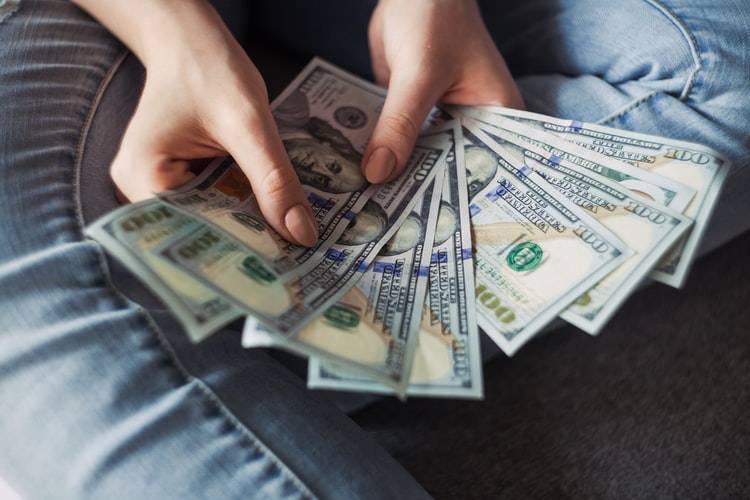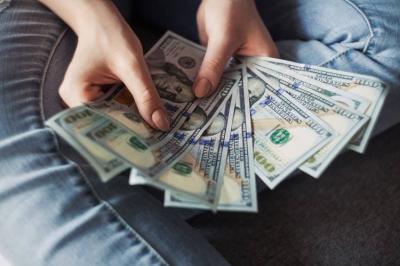Under the title "The Money of Expatriates and Tourists Saves the Commercial System in Lebanon," Sky News reported that the collapse Lebanon is experiencing has cast a shadow over all sectors, including the commercial sector, especially import and export operations. Although the decline in import activity is a necessity to reduce the trade deficit and begin correcting the imbalance in the balance of payments, this decline is merely a result of the shortage of US dollars and the collapse of the Lebanese pound. This has led to a contraction in purchasing power and a subsequent drop in consumption, knowing that Lebanon imports more than 75 percent of its essential and luxury needs.
In 2018, the trade deficit in Lebanon reached approximately $17 billion, with imports amounting to $19.9 billion and exports not exceeding $3 billion. The deficit continued to decline in 2019, reaching $15.5 billion, with imports valued at $19.2 billion, and exports valued at $3.7 billion. The year 2020 saw further declines in the trade deficit, amounting to $7.547 billion, with imports amounting to $11.354 billion and exports reaching $3.807 billion.
In this context, Bassam Al-Bawab, a member of the Beirut Traders Association and economic expert, told Sky News Arabia that the decline in the commercial sector varied between 50 percent for essential goods and up to 90 percent for luxury items. Despite the crisis engulfing the country, which could have led to the collapse of the commercial system similar to what occurred in other sectors, several factors prevented this, such as the money transferred by expatriates to their families, which amounts to $7 billion. In addition, tourist spending is estimated at $2 billion, and export revenue has increased this year due to the depreciation of the national currency and the quality of Lebanese goods and products.
Furthermore, the burdens on traders and industrialists have decreased, such as salaries and rent, due to the rising dollar exchange rate against the pound. According to Al-Bawab, as long as vital facilities remain open, such as Rafic Hariri International Airport, the Port of Beirut, and land crossings, the commercial system in Lebanon will maintain its state and "will not collapse."
On his part, former Economic and Trade Minister advisor, Professor Jassim Al-Ajaqa, stated in a talk with Sky News Arabia that the Lebanese commercial system is "an oligopolistic system, with no competition within Lebanon as powerful figures protect it." He noted that previously "the system played an important role, benefiting from the good economic situation that prevailed in Lebanon, especially after the end of the civil war, and trade with Arab countries and the world was flourishing significantly." However, he continued, "the corruption that has spread in recent years has undermined this system's credibility, both internally with monopolies and unethical practices, and externally."
Regarding Lebanon's commercial status, due to the ongoing events, other regional sites, including Egypt, have begun to play the role that Lebanon once held.




